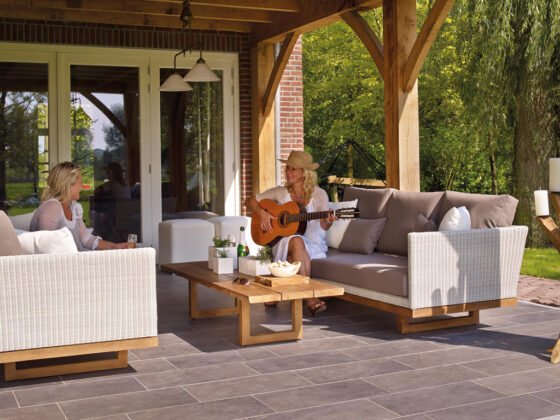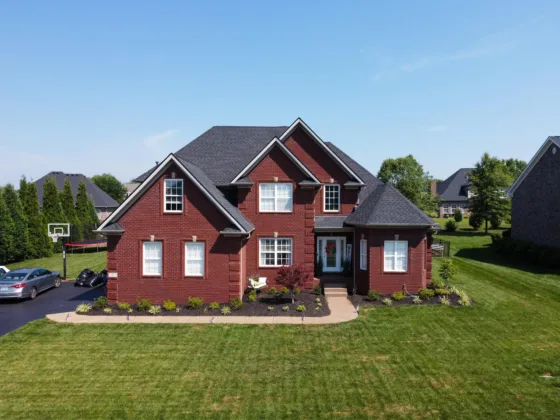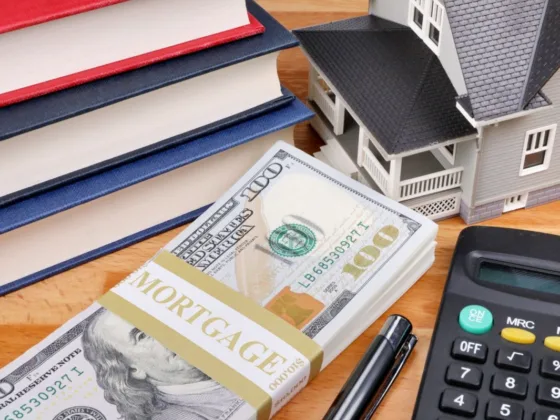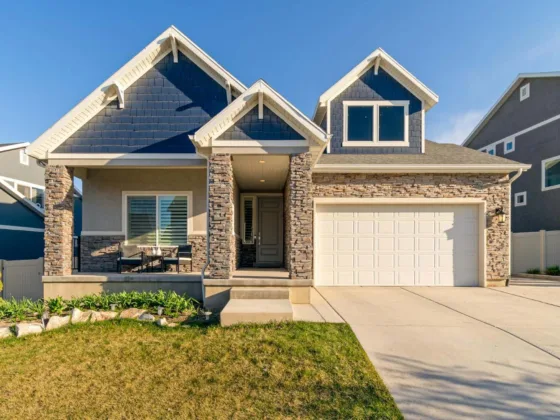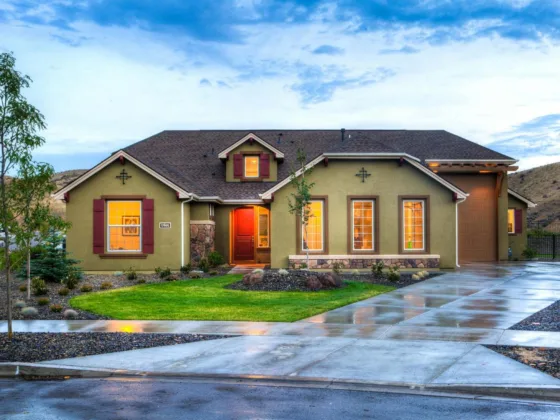Table of Contents Show
Boulder, Colorado, renowned for its stunning natural scenery and vibrant community, has witnessed significant shifts in property values over the years. As Boulder architects continue to work on improving and maintaining properties, home values continue to grow over time The average value of a Boulder home is currently $964,180.
This article explores the evolution of real estate prices in Boulder, delving into the factors influencing these changes and their broader implications. From the city’s early days to recent trends, we’ll analyze the various drivers behind the fluctuations in property values and the impact on homeowners and the local economy.
Historical Overview
Early Settlement and Development
Boulder’s real estate journey began with its early settlement in the mid-19th century. Initially, the town’s economy was driven by mining and agriculture, influencing property values as demand for housing and land fluctuated with economic cycles. The establishment of the University of Colorado in 1876 brought an influx of residents, contributing to the first significant surge in property values.
Post-War Boom
The post-World War II era marked a transformative period for Boulder. The city experienced rapid population growth, driven by factors such as the G.I. Bill and the emergence of technology companies. This surge in population led to increased demand for housing, subsequently impacting property values. The development of suburban neighborhoods and the expansion of the university further shaped the real estate landscape.
Influential Factors
Economic Drivers
Boulder’s property values have historically been closely tied to the local economy. Booms in industries like technology and renewable energy have attracted high-income earners, driving up demand for housing. Conversely, economic downturns have seen a softening of property values as job opportunities dwindle, influencing the city’s real estate market cyclically.
Environmental Considerations
The city’s commitment to environmental sustainability has also played a role in shaping property values. Boulder’s stringent environmental regulations and focus on green initiatives have led to an increased demand for eco-friendly homes, influencing the valuation of properties with sustainable features.
Recent Trends
Tech Boom and Affordability Challenges
In recent years, Boulder has become a hotspot for technology companies and startups. While this has contributed to the city’s economic growth, it has also presented challenges regarding housing affordability. The influx of high-income tech professionals has driven up property values, making it increasingly difficult for lower-income residents to enter the housing market.
Impact of COVID-19
The global COVID-19 pandemic brought about unforeseen changes in real estate dynamics. Boulder experienced a surge in demand for homes as remote work became more prevalent. The desire for spacious homes and proximity to outdoor amenities fueled a housing market boom, causing property values to rise even amidst economic uncertainty.
Future Projections
Sustainable Development and Urban Planning
Boulder’s commitment to sustainable development and thoughtful urban planning is likely to continue influencing property values. As the city grows, there will be a focus on maintaining a balance between economic prosperity and environmental stewardship, potentially impacting the types of properties that gain value in the coming years.
Affordable Housing Initiatives
Given the challenges posed by the affordability crisis, Boulder may see increased efforts to implement affordable housing initiatives. Community-driven projects and governmental policies aimed at providing housing options for a diverse range of income brackets could have a substantial impact on property values and the overall social fabric of the city.
Final Thoughts
Boulder’s real estate market reflects a dynamic interplay of historical influences, economic drivers, and contemporary trends. From the early days of settlement to the tech-driven present, the city has experienced fluctuations in property values that shape the community’s fabric.
As Boulder navigates the future, sustainable development and inclusive housing policies will likely play pivotal roles in determining how property values evolve, ensuring that the city remains a vibrant and accessible place for all its residents.


